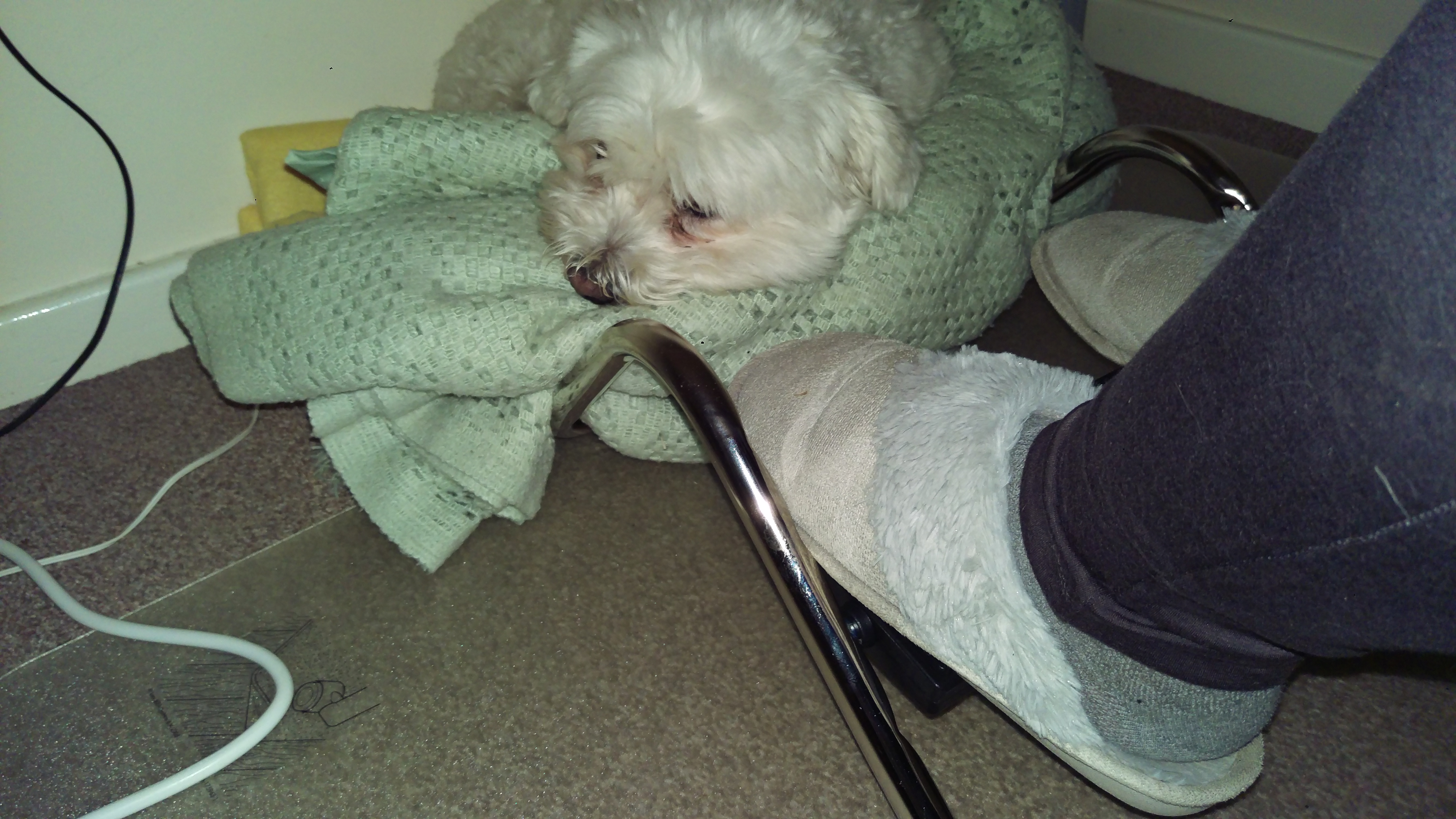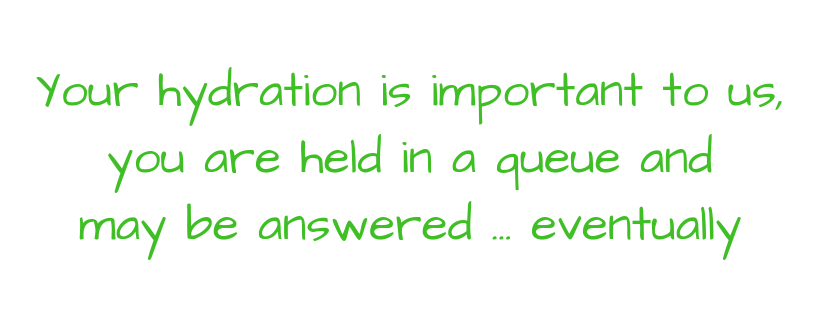Do you wish your body would just perform better? Whether you’re fed up with pain and discomfort or you want to improve your sports performance, this is for you.

Muscles are vital to good posture, they hold the spine and body upright and enable movement and flexibility.
When the integrity of muscle performance is compromised it can result in postural deviations which, if not addressed, can lead to discomfort and pain which can affect performance, sleep, concentration and overall quality of life.
Whilst such deviations may be imperceptible at first, as you continue to train or just go about your day, their impact increases, as other muscles try to compensate to counteract the effects of deviated posture, eventually leading to damage and, of course, pain.
When just one muscle under-performs the knock on effect impairs your performance and, eventually creates pain.
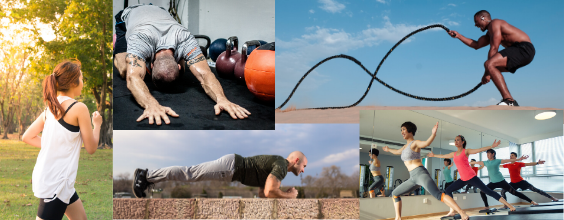
Your body is an incredible piece of kit, a superb structure of organic engineering.
Over 650 muscles work with 206 bones to
- hold you up against the force of gravity
- move you in all directions
- enable differing speeds and types of movement
- from giant strides to the smallest of blinks and micro expressions.
Everything you do uses muscles, from unconscious actions like breathing and blinking to the more conscious activities like cycling and cooking dinner.
Your body is focused on one crucial task, keeping you alive. Making sure that, if a hungry bear runs out of the woods, you won’t be their next meal.
When a muscle malfunctions others quickly take up the slack, pulling together to keep you going but, eventually, this creates danger and your brain sends a pain signal to alert you that something is wrong and you need to stop. Stop before you fall down and become bear lunch.
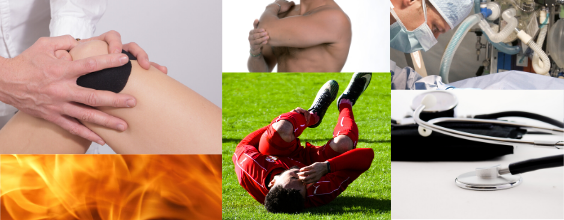
Initially working through the pain seems a viable short term way of continuing in the face of impaired muscle function. Your body pumps endorphins that bathe your brain and cut off the pain signals. This mechanism is designed to ensure that, when that bear is in hot pursuit, you can keep running. Keep running to a place of safety.
Until you stop.
Once you stop all those juicy endorphins settle down, the adrenaline tails off and the body quickly reveals the true state of affairs, with exhaustion and pain taking centre stage.
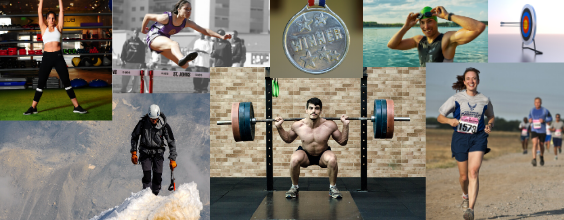
Are you ready to take your training to a new level of personal performance? Get the inside track.
In these extended sessions we:
- Undertake a full consultation and postural analysis
- Assess the performance of 42 of the major muscles and muscle groups in your body
- Reset any under-performing muscles to perform better.
- Assess how the muscles are working together
- Support them to perform better as groups.
- Support them to perform better as groups.
Kinesiology addresses the factors that inhibit or impair muscular integrity.
It is not a test of strength, if it were I’m pretty certain you would win, it is an analysis of how the stress and existing damage you hold affects your ability to train and perform ongoing.
Having established the blocks that are holding you back from peak performance we resolve them using various subtle, profound techniques.
If you are curious to know more, please get in touch
I look forward to working with you.
Claire Cutler-Casey is a professional Kinesiology Practitioner and Touch For Health instructor as well as delivering a variety of business and well-being workshops designed to help you navigate the process of change.
If you would like to book a 1:1 Kinesiology session, please click here.
You can also join our online community here.
